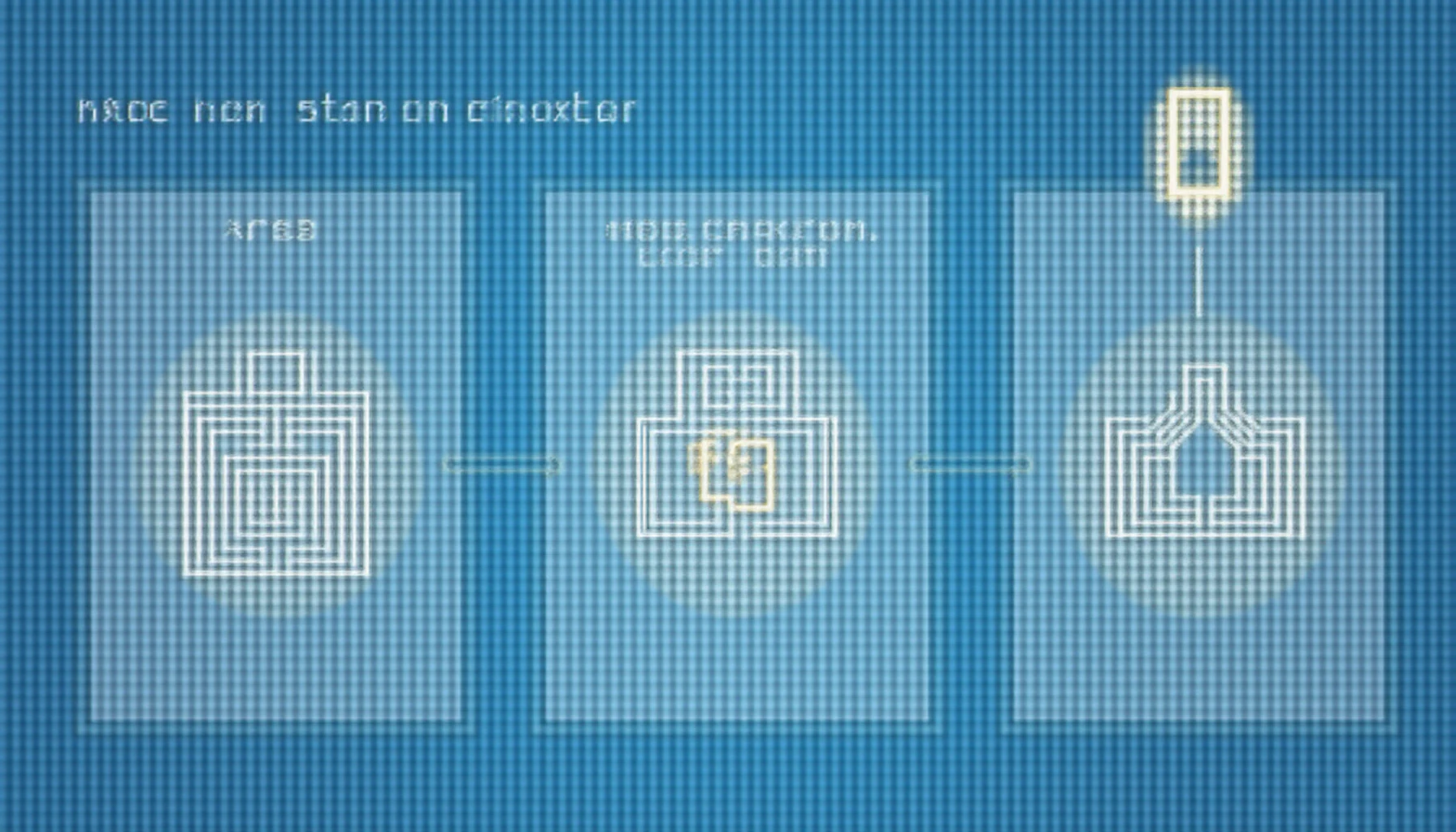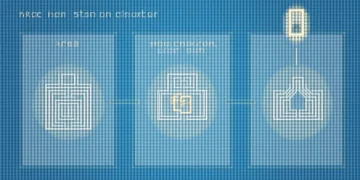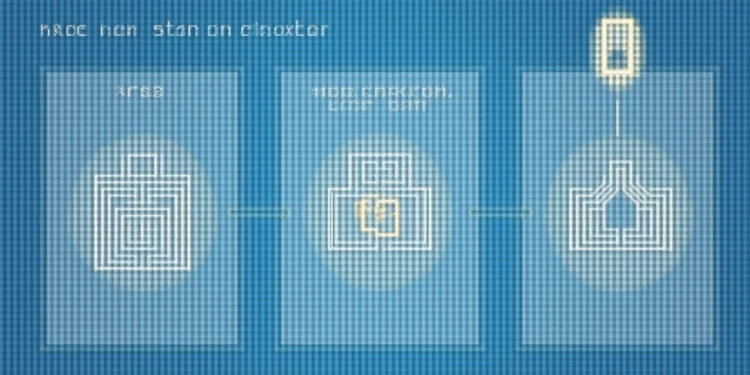Understanding Decentralized Credit Scoring Systems
In recent years, decentralized credit scoring systems have gained traction, particularly in the world of cryptocurrency. A notable concern has emerged with billions lost to hacks in the DeFi space. Traditional credit scores, primarily controlled by centralized entities, often exclude many individuals from accessing credit due to a lack of data. How can blockchain technology change this situation?
The Rise of Decentralization in Credit Scoring
Decentralized systems use blockchain to create transparent, secure, and accessible credit scoring methods. This means that users maintain control over their financial data, ensuring privacy and reducing the risk of identity theft. According to a report by ConsenSys, the implementation of blockchain in credit scoring could lead to a global credit score system that includes millions of unbanked people, especially in regions like Vietnam, where the user growth rate for cryptocurrency is over 40% annually.
Benefits of Blockchain-Based Credit Scoring
- Increased Accessibility: By utilizing smart contracts, individuals can receive credit scores based on their financial behavior on the blockchain, rather than relying on traditional banking history.
- Enhanced Security: With decentralized identifiers, users can verify their creditworthiness without exposing sensitive data.
- Cost Efficiency: Reducing the need for intermediaries lowers the transaction costs associated with obtaining credit.
Challenges to Adopt Decentralized Credit Scoring
Here’s the catch—despite the potential benefits, there are significant challenges to overcome:

- Regulatory Hurdles: As these systems are still new, regulation often lags behind technology, creating uncertainty for users.
- Data Integrity: Ensuring the quality and reliability of data on the blockchain remains a complex task.
- Market Understanding: Many users lack knowledge of how blockchain systems work, which can lead to distrust.
Decentralized Credit Scoring in the Future
Looking ahead, it’s essential to consider how decentralized credit scoring systems will evolve. By integrating biometric data, AI, and more comprehensive financial behavior analysis, these systems can further improve accuracy and trustworthiness. Implementing these technologies can shift the financial landscape, especially in developing markets like Vietnam.
Conclusion
In summary, decentralized credit scoring systems present an exciting opportunity to democratize access to credit while enhancing security and privacy. While challenges exist, the potential for innovation in the financial sector, particularly in regions such as Vietnam, is significant. As we navigate this new territory, ongoing dialogue and collaboration will be essential to building a trustworthy ecosystem. For more insights on crypto innovation, check out hibt.com.
**Author:** John Doe, a blockchain expert with over 20 published papers in financial technology and a lead auditor for multiple high-profile crypto projects.



























